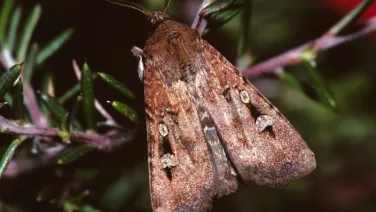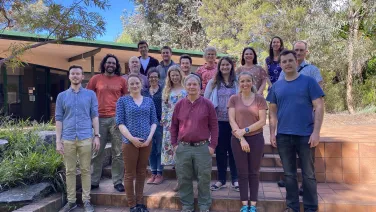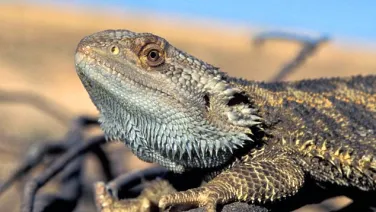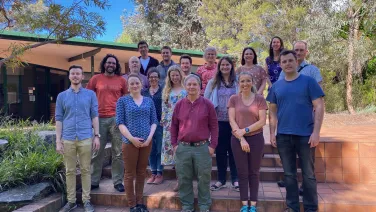
Climate change and adaptation
The climate change and adaptation research focuses on managing the risks of climate change through evidence-based policy development. It covers adaptation strategies, risk assessment, and sustainable management practices to support resilience in ecosystems, communities, and industries.
About
Reconstruction of historical patterns of species movement, colonisation, extinction and speciation and understanding the genomic basis of climate adaptation may help understand future dynamics and the potential of evolutionary processes to intensify or moderate the effects of global change.
Protecting landscapes that act as refugia from climate change, and protecting and rehabilitating habitat corridors to allow species to reach these areas will enable species to respond to rapid climate change.
For information on Australia's biodiversity policies see the Department of the Environment and Energy:
- Climate change
- National Reserve System - adapting to climate change
- Parks Australia adapting to climate change
- National Wildlife Corridors Plan
- Australia's Native Vegetation Framework
See also:






